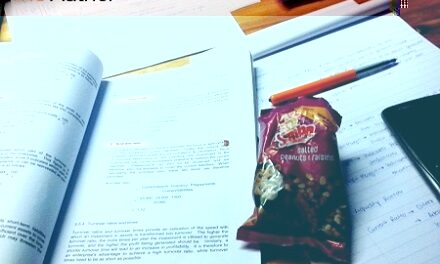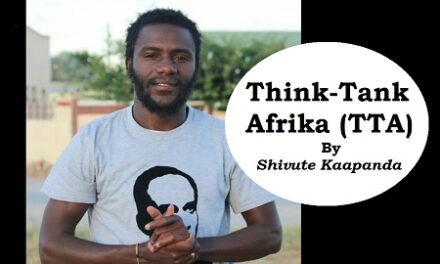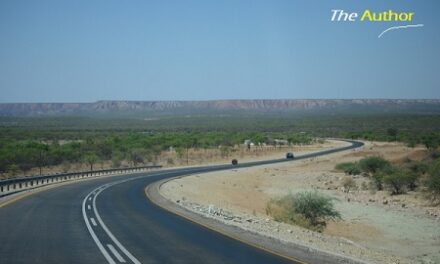COVID-19 exposed fragility of socio-economic structure
By Sakaria Nghikembua |
Whether it was a year of “Challenges and Change” or “Reflection, Resilience and Reawakening”, 2020 will forever be remembered as the year that coined frequently used expressions “the new normal” and “no mask no entry” which sadly have absolutely nothing to do with convenience nor a superhero costume.
As the year draws to a close, it’s time to review and reflect on the trends and issues that shaped the economy and the business operating environment.
The year 2020 started on an optimistic note where global growth was estimated to hover around 3.3% and 3.4% in 2020 and 2021, respectively (IMF Economic Outlook, January 2020).
Notwithstanding the protracted weak domestic economy, the 2020 growth was initially set to rebound to 1.5% and further rise to 1.4% in 2021, mainly on the back of an estimated recovery in the agriculture, mining, construction and electricity and water sectors.
Just as we were reckoning that the economy was on a recovery path, Covid-19 emerged and overcast the growth prospects.
Restrictive measures such as lockdowns, limited gatherings and the halt of public events made a dent in public, private and household pockets. Covid-19 has created a storm in public finances and laid bare the fragility of the socio-economic structure while testing our resilience.
Meanwhile, the monetary and fiscal policy stimulus measures have been vital in stemming the spread of the virus and averting the economic and social fallout. However, the massive interventions have left the public sector with record debt burdens and deteriorating fiscal metrics.
Growth deteriorated in pandemic fragile sectors such as hotels and restaurants; mining; transport and storage; manufacturing; wholesale and retail trade due to induced travel restrictions accompanied by weakening global financial, trading and commodity markets. In the sense of rapidly declining private sector demand, the economy witnessed vast business closures leading to massive job losses especially in the tourism and related industry.
The Bank of Namibia now expects the economy to contract by 7.3% in 2020, with the onset of the deepest recession the country has ever witnessed. Inflation remained subdued during the year. However, food inflation increased significantly, averaging 5.9% between April 2020 to September 2020.
Furthermore, private sector credit extension (PSCE) declined substantially owing to reduced borrowing appetite by corporates and individuals, albeit at lower borrowing cost. The tough operating environment and uncertainty around new business ventures have derailed fresh investments in the economy.
On account of good rainfall, agriculture has emerged resilient registering a positive growth outcome in the 2nd quarter of 2020. This suggests that agriculture remains a strategic sector to Namibia’s economy, prompting the need for government to work with the private sector, create an enabling environment and stimulate private investments.
Amidst the tough business environment, the economy is expected to gradually recover to 2.6% in 2021 and 3.2% in 2022 based on the assumption that most countries will open their economies coupled with a gradual uptick in private consumption.
While there is hope for an economic recovery, there still exists great uncertainty on the resurgent second wave of the pandemic and its impact on the economy. With growth prospects already weighed down by existing challenges, a further hit on productive capacities and social services could have devastating economic outcomes.
Post Covid-19, economies are likely to face shifts in production and consumption patterns. Therefore, as we emerge from this predicament, it will be critical to re-orient public policy and business models towards an attuned reconstruction and building resilience for future uncertainties.
From the business side, Agribank will continue to advance loans and provide advisory services to farmers. With the improved rainfall forecast for the current rainy season, we are optimistic that the agriculture sector will continue to rebound. We seek to ensure that the Bank maintains sustainable financial performance whilst delivering on our developmental mandate.
Heartfelt and safe festive season wishes to you and your loved ones. May you end the year with a smile and start the new year with restored hope.
Mr Sakaria Nghikembua is the CEO of the Agricultural Bank of Namibia (Agribank).







